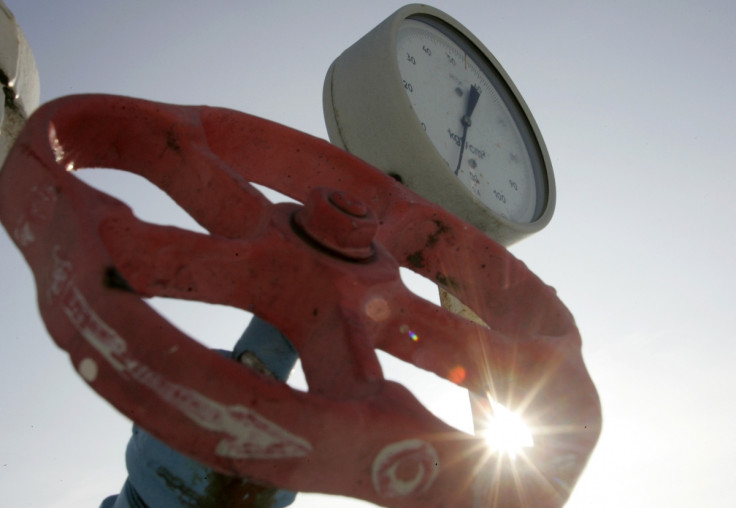Greenpeace Calls on EU to Improve Renewable Energy and Cut Coal

More ambitious renewable energy and carbon emissions targets for the EU are achievable and would reduce the bloc's dependency on imported natural gas and oil, and eliminate the need for imported hard coal, according to Greenpeace.
Currently, the EU has targeted cutting carbon emissions by 40% (compared with 1990) and increasing the renewable energy share to 27% by 2030.
If these targets are met, it would leave the EU still requiring fossil fuel imports of 29,000 petajoules (PJ) each year by 2030, provided it exploited all of its own reserves of gas, oil and hard coal.
A Greenpeace report released today found that if the EU was to target emissions cuts of at least 55% (from 1990), a renewable energy share of 45% and a reduction in primary energy consumption (energy that has not been subjected to any conversion or transformation process) of 40%, it would be able to cut its overall fossil fuel imports by 45%.
The NGO's calculations show that if the targets were revised, an additional 45% of its oil imports and 35% of its gas imports could be removed by 2030. By 2020, if the new targets were adopted immediately, oil and gas imports would be 19% and 12% lower, respectively.
The report has been released to coincide with the EU's energy security summit in Brussels, taking place this week. On the agenda will be an energy efficiency target, which the EU has yet to be adopted.
Ministers from Germany, Denmark, Belgium, Portugal, Greece, Ireland and Luxembourg last week urged the European Commission to adopt such a strategy, while the European Parliament endorsed a 40% energy efficiency target by 2030 in February of this year.
Greenpeace's energy and transport director Franziska Achterberg said: "After months of half-hearted responses, EU leaders have an opportunity to move things forward on energy security. But when everyone agrees that saving energy is a no-brainer for security and for the climate, you've got to ask yourself what's standing in the way.
"It's no secret that energy companies feed Europe's dependence on energy imports. It's time for EU leaders to show they won't relinquish control to the oligarchs of this world."
The issue has recently been thrust into the limelight by the EU's dependency on Russia and Ukraine for its energy imports. Currently, gas imports from Russia which are piped through Ukraine account for 10% of the EU's gas supply.
Fears over the fractious relationship between Russia and the bloc have led many to speculate that this import could dry up completely in the years to come.
In recent weeks, Moscow has been looking for ways in which to diversify its energy exports, strengthening relationships with China and with other former Soviet Union states, in the form of the Eurasian Economic Union.
In May, Russia's state-owned gas vehicle Gazprom signed a $400bn gas export deal with power-brokers in Beijing.
The EU's official statistics show that in 2010 the region was responsible for 12.6% of the world's carbon emissions, which correlates roughly with population statistics (as of 2012, 12% of the world's population lived in the EU).
China is responsible for the largest share of the planet's carbon emissions (23.5%), but with 19% of the world's people living there, it is home to the largest share of the population.
© Copyright IBTimes 2025. All rights reserved.






















